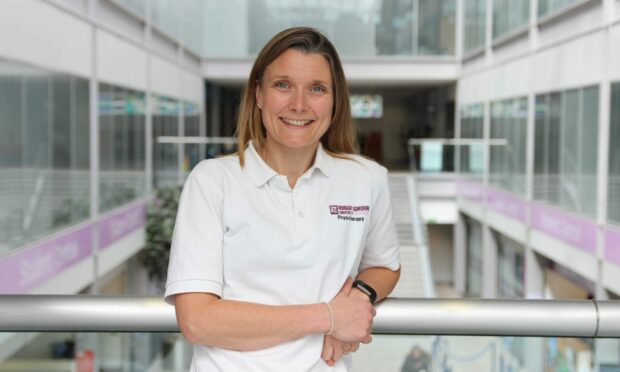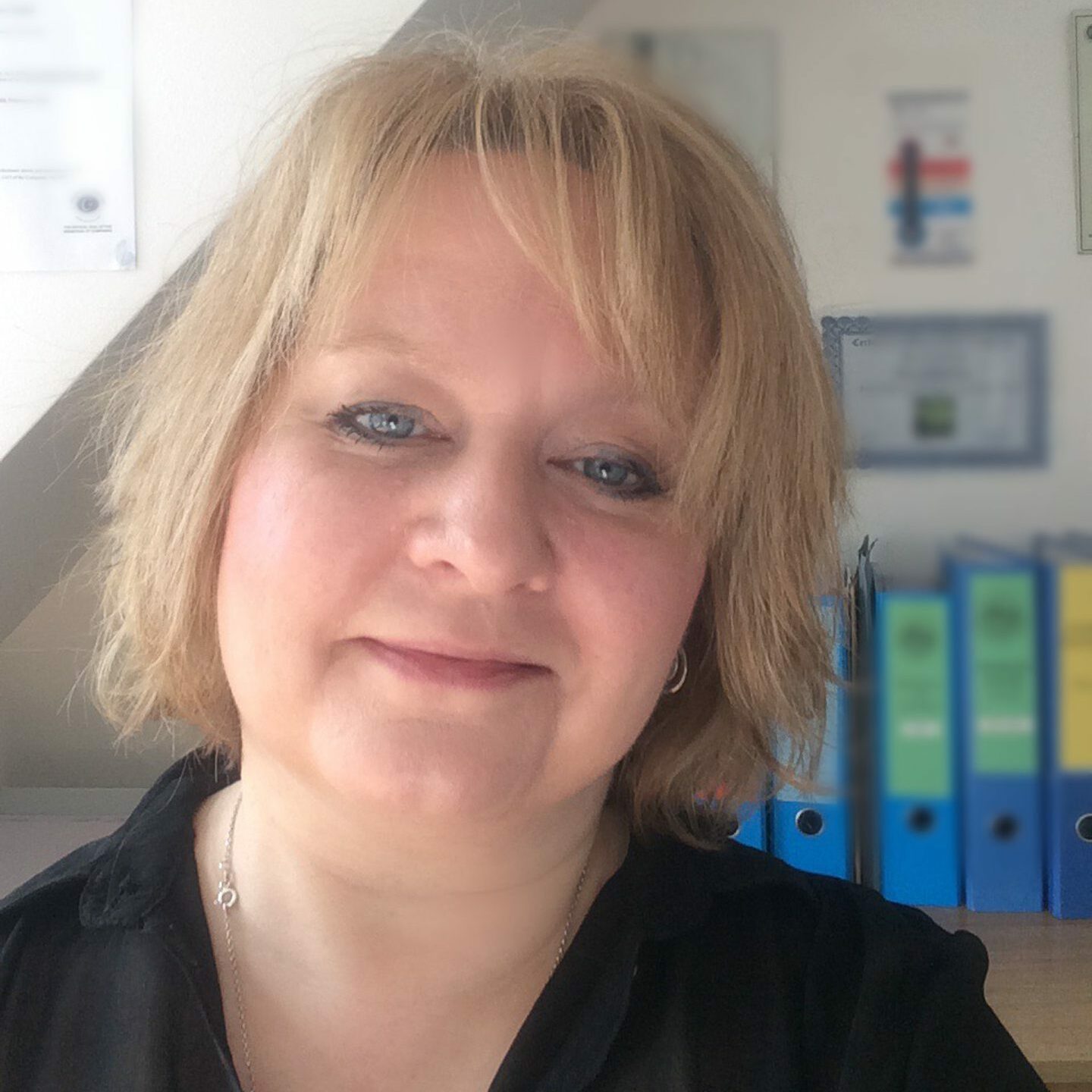A new podcast is shedding light on the ground-breaking discoveries about Parkinson’s being made in the north of Scotland.
The condition is caused by a loss of brain cells, with the main symptoms including tremors and stiff muscles.
Researchers say people often tend to focus on the big breakthroughs made down south, and not those closer to home.
And it’s hoped the new initiative, backed by charity Parkinson’s UK, can help challenge this perception.
Exercise, stem cells and life with Parkinson’s
The series has been produced by the North of Scotland Parkinson’s Research Interest Group (Nosprig), made up of people with the condition or who study it.
It’s been driven forward by physiotherapist and lecturer Julie Jones, and former journalist Helga MacFarlane.
The first episode, available now, features an NHS Grampian consultant neurologist discussing his research.
Future instalments will include discussions on exercise and stem cell transplants, among other topics.
People who live with Parkinson’s in the north of Scotland can find out more about research being carried out in the region through a new series of podcasts produced by @NoSPRIG 🧵 pic.twitter.com/hUYeOFI4Ps
— Parkinson's UK Scotland (@ParkinsonsUKSco) January 19, 2023
Julie explained: “One of the reasons people don’t participate in research is they never hear the outcome of them.
“It’s challenging for people to come and meet the researchers in the north of Scotland.
“So we’ve recorded podcasts about their work, its challenges and the impact of it on clinical practice.
“We’re trying to make it more consumable for people with Parkinson’s so they can learn about the research going on.”
Podcast important for ‘people like me’
Helga, who also has Parkinson’s, is hopeful the podcast can spread the word about potential Parkinson’s breakthroughs being made in northern Scotland.
She previously worked as a broadcast journalist for Moray Firth Radio, Grampian TV and the BBC, but retired due to her health and now lives in Stonehaven.
“We felt the podcast was a way that would reach people with Parkinson’s in the remotest parts of the country,” she said.
“It’s easy to think all the research is happening in hospitals in the big population centres in England or the Central Belt.
“But there is research here – and it’s not necessarily laboratory research, as it comes in many forms – and you can get involved.”
Through her involvement with Nosprig, Helga has been involved in some of Julie’s research into exercise and Parkinson’s.
And, by spreading the word on the findings, she’s hopeful it could give other projects a boost.
“As part of it, participants got one-to-one physio sessions and things like that,” Helga added.
“I’d never have had that opportunity if I wasn’t taking part in the research.
“There’s two way traffic – for what you give as a volunteer, you often receive as much, if not more, back.”
The 30-minute podcasts, produced by Adventurous Audio, are available monthly at Podbean as well as Amazon Music, iHeartRadio and Podchaser.
The first episode features an interview with NHS Grampian consultant neurologist Dr Angus Macleod, who also holds an academic role at Aberdeen University.
He’ll return for a Q&A session with clinical neurologist Dr Carl Counsell on February 8, with places available to pre-book on Zoom.


Conversation